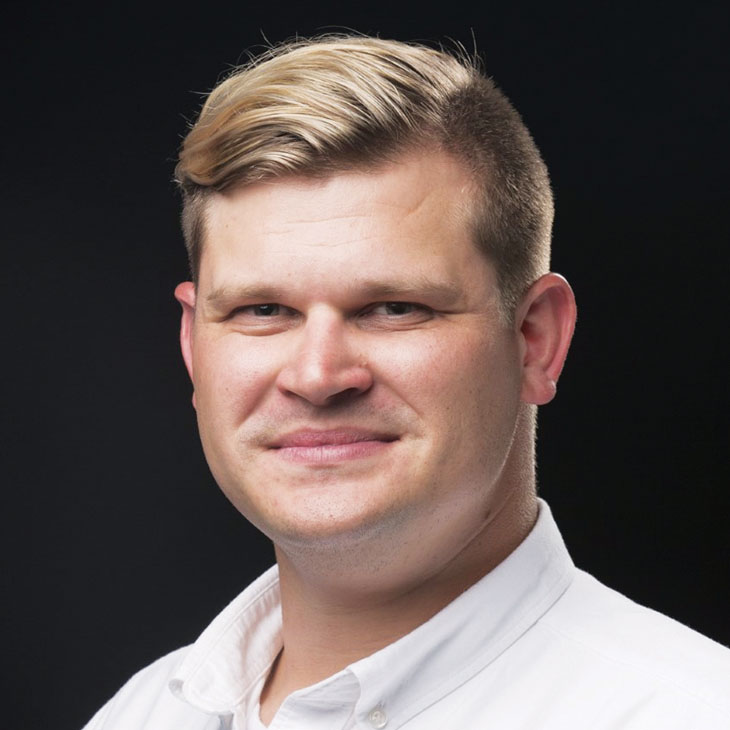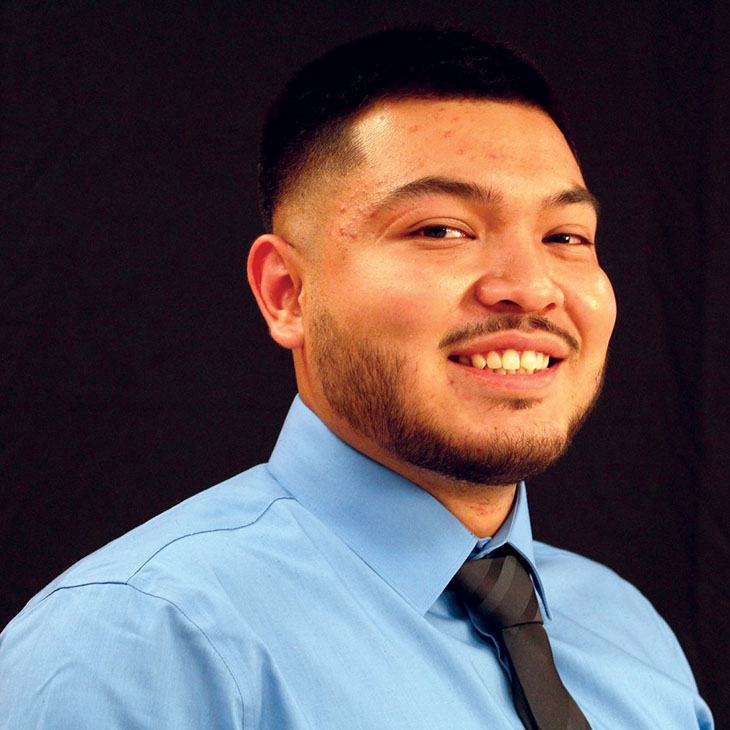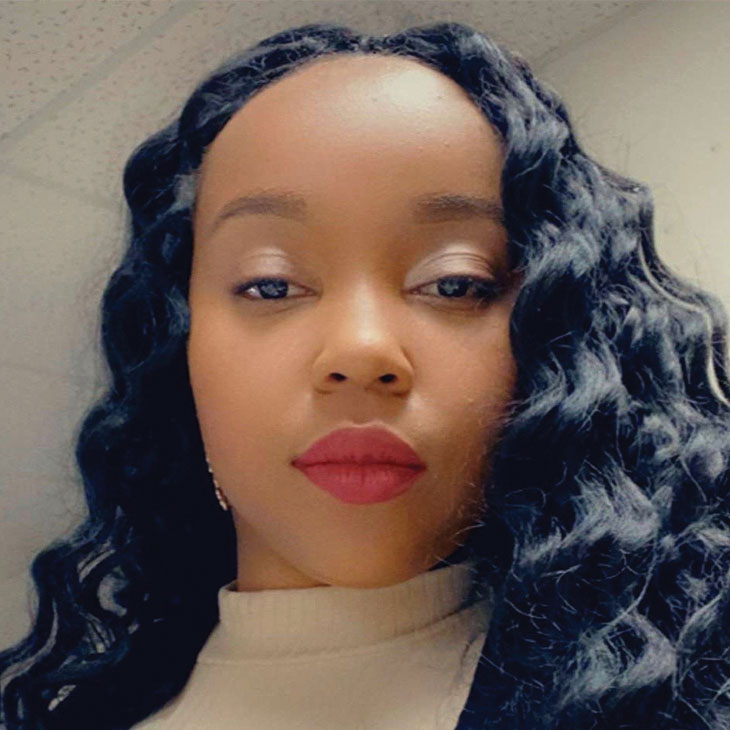Inclusion Leadership Program promotes diversity, leadership and accountability
Thursday, September 3, 2020
Promoting diversity, leadership and accountability
The Inclusion Leadership Program (ILP) was started in 2006 as part of the newly formed Diversity Academic Support Department. The program started with sophomores at Oklahoma State University mentoring high school juniors and seniors to encourage them to go to college. Now the mentor/mentee students work together to host a spring conference about coming to college for 50 to 100 high school students. The workshops demystify the journey of coming to college for an audience of mainly first- generation students.

Chris Bingham
Coordinator of Inclusion Leadership Program
How would you quantify the positive impact this program has on its participants?
You can see the positive impact in the retention and graduation rate of the students who have gone through the program. It is typically higher than the general OSU population. As for the high school participants, we see that many of them are more prepared for attending college and getting enrolled in programs to help them succeed.
Are there ways that you hope to grow the program to even further increase its impact?
Ideally we would be able to increase the amount of students served. We also want to create additional elements of the program to address personal and professional development. We're hoping to give students the opportunity to access enrichment activities such as plays, musicals and museums.
How would you describe the importance of promoting inclusion and the way it positively advances society?
Inclusion is important in all aspects of life. It brings different views and life
experiences into conversations
and decisions. It is important to promote it because sometimes it is overlooked. We
have to make sure that people feel welcome and their opinions matter. It can positively
advance society because it allows individuals from different backgrounds the chance
to express themselves. It gives others the chance to take in their knowledge and experience
and hopefully move forward from there. It helps shine light on topics that are sometimes
hard to understand if you have never lived them.

Daniel Salinas, Class of '21
Hometown: Oklahoma City
Major: Mechanical Engineering
What impact has this program had on you both academically and personally?
Fall semester of my sophomore year was my worst academic semester. I put too much on my plate and that ultimately had an effect on my grades. The program coordinator at the time, Ms. Rosenburr, helped me get over this hurdle by consistently keeping me accountable and simply being someone I could talk to. I did better in the spring, but I do not think I would have done well if Ms. Rosenburr was not in my corner helping me out.
What inspired you to be a mentor and what was that experience like?
To be honest, what initially got me interested in participating in the program was the $1,000 stipend awarded for completion. It wasn't until I met my mentee, Diego Alvarado, that I started to change my mindset. Diego consistently asked me questions, and it felt good to share with him what I have learned through my experiences. I didn't always make the best decisions so I did not want Diego to go through what I went through.
How would you describe the benefit and importance of this program to someone who's interested in it?
There are so many benefits. It helps develop presentation and organizational skills and being involved in the program also opened up doors to other on-campus opportunities for me. Most importantly, it allowed me to meet Diego. The best part of being a mentor is watching your mentee become the best version of themselves. I definitely recommend this program and if I could, I would do it again!

Jessica Adkins, Class of '22
Hometown: Oklahoma City
Major: Health care Administration Graduate Student
How did you get connected with the program and when did you go through it?
I got connected with the program through Retention in Student Excellence (R.I.S.E.), which was my freshman year. ILP was kind of the sophomore-level program in my eyes. The students who were in the program would come and talk to us about the program, and most of them had also gone through RISE as well.
Are there any key things that you took away from the program and have used in your everyday life?
Key things that I still use in my life today are my leadership and planning skills. I am more organized than before I came to college, and I take the time out to plan things. I used my planning and leadership skills to be coordinator of pageants and events. I want to become a CEO of a hospital so that will involve me having leadership skills. Planning is something that I will always use, to also stay on top of things.
How important was having access to a program like this to you?
It's really important and impactful to have a program like ILP. It allows people to come out of their comfort zone but also have a support system behind them. The directors are not only there during the program but continue to be there even after you have finished. Sometimes when coming to college and being away from family, we may feel alone and feel like our support system is not there. This program takes it all away because they go out of their way to make sure you feel supported and reach your goals.
